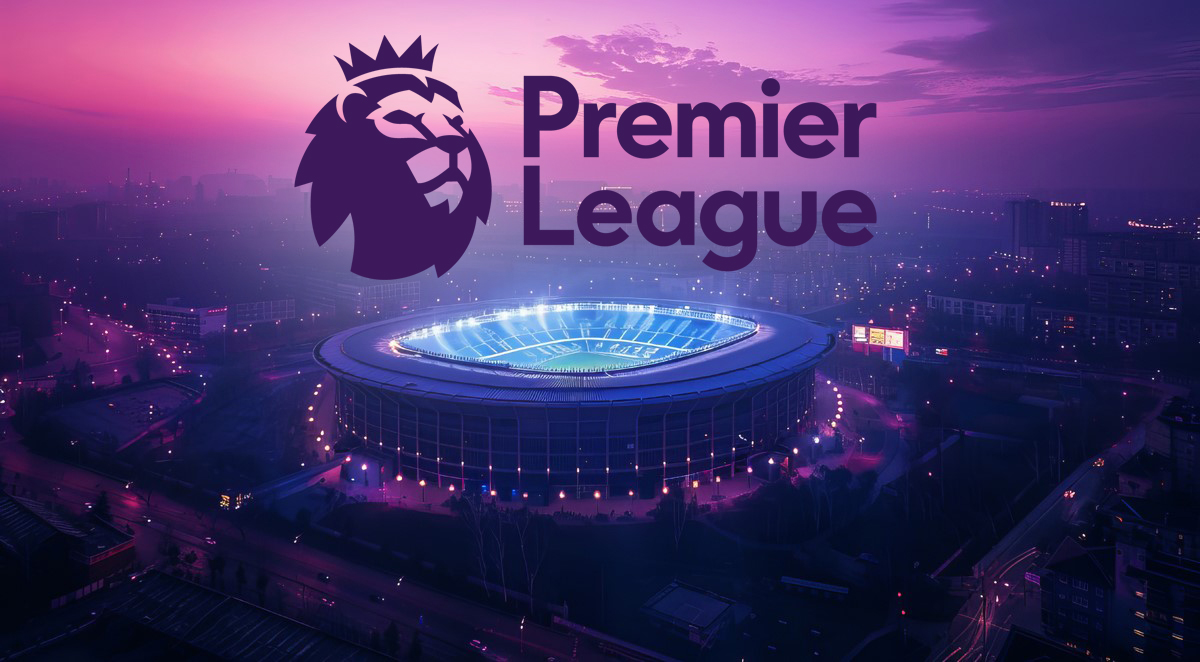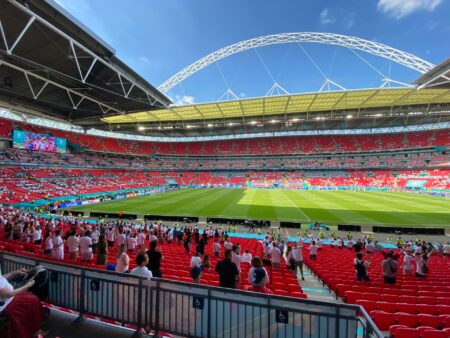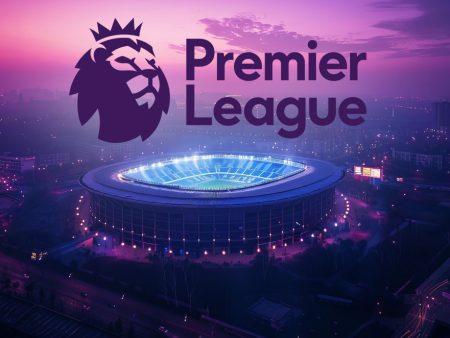
For years, the phrase “Premier League top six” has felt almost set in stone. Manchester City, Liverpool, Chelsea, Arsenal, Manchester United and Tottenham have held a near monopoly over the Champions League places, leaving little room for disruption. But after a string of unpredictable seasons, the once-solid pecking order is starting to look vulnerable.
Last season, Aston Villa broke into the top four with a level of consistency and tactical maturity that caught many by surprise. Brighton continued to punch above their weight under a data-driven recruitment strategy and Newcastle’s resurgence under Eddie Howe has shown no signs of slowing. The lines between traditional heavyweights and emerging challengers are beginning to blur and fans are starting to ask whether we’re witnessing a lasting shift.
Cracks in the Old Order
Manchester City may remain the benchmark but even Pep Guardiola’s side showed moments of vulnerability last season. Liverpool, though resurgent toward the end of the campaign, have had to rethink their midfield and defensive depth. Manchester United’s progress under Erik ten Hag was inconsistent at best with off-the-pitch issues adding to the pressure.
Chelsea, once a pillar of the top six, have suffered from erratic form and managerial turnover. Their investment in young talent is promising but far from proven. Meanwhile, Spurs enter another season under a new manager still searching for the kind of stability that breeds success at the highest level.
This growing inconsistency among the traditional top six has opened the door for others and fans following the drama are increasingly looking at the landscape through different lenses from tactical interest to fantasy football and even Premier League betting where the odds are no longer as straightforward as they once were.
The Rise of the Contenders
Aston Villa’s transformation under Unai Emery has been one of the more compelling storylines. Organised, disciplined and lethal on the counter they’ve turned Villa Park into a fortress. With a deeper squad and European football to offer, Villa now look like a side built to compete over a full season.
Newcastle’s upward trajectory is just as significant. While their ownership has drawn scrutiny, on the pitch they’ve been impressive balancing defensive solidity with attacking threat. Eddie Howe’s side isn’t just aiming for top six finishes anymore. They’re aiming for titles.
Brighton continues to set an example with their recruitment model. Losing key players every summer hasn’t slowed them down. In fact, their ability to rebuild quickly has made them one of the league’s most stable and forward-thinking clubs.
Tactical Evolution and Squad Depth
Part of the shake-up comes down to how teams are evolving tactically. Pressing styles have changed, positional play has become more nuanced and depth is now a necessity rather than a luxury. Clubs like Villa and Newcastle have built squads that can rotate without losing identity while others like Liverpool and Chelsea are still searching for that balance.
The increased tactical parity has made fixtures less predictable and the race for European places more competitive than ever. For fans and pundits that means tighter margins and more drama. For those interested in the analytics and outcome forecasting side of the game it has also changed the way many approach Premier League betting with underdog wins becoming far more plausible in weekly matchups.
What the Shift Means for the League
If this change is permanent the Premier League could become a more open competition where the gap between first and tenth is smaller than ever. That’s good news for neutrals and bad news for clubs whose budgets and brand power once all but guaranteed them European football.
Financial Fair Play regulations are beginning to bite making it harder for big clubs to spend their way out of trouble. At the same time smarter scouting and coaching are helping smaller clubs compete without the same financial firepower.
As this new era unfolds fans may need to get used to seeing unfamiliar faces in the top four. It also means traditional rivalries could evolve with clubs like Villa, Brighton and Newcastle becoming regular contenders in matches that matter far more than they used to.
A Season of Opportunity
With the new campaign underway all eyes are on whether last season’s shifts were a blip or the beginning of a long-term reshuffling. Are Chelsea and Manchester United capable of reasserting themselves? Will Spurs find an identity under new leadership? Can Arsenal build on their progress or will Villa and Newcastle continue their ascent?
Whatever happens one thing is clear. The Premier League is no longer a closed shop. The power dynamic is changing and with it the stories, stakes and strategies that keep fans coming back every weekend.










